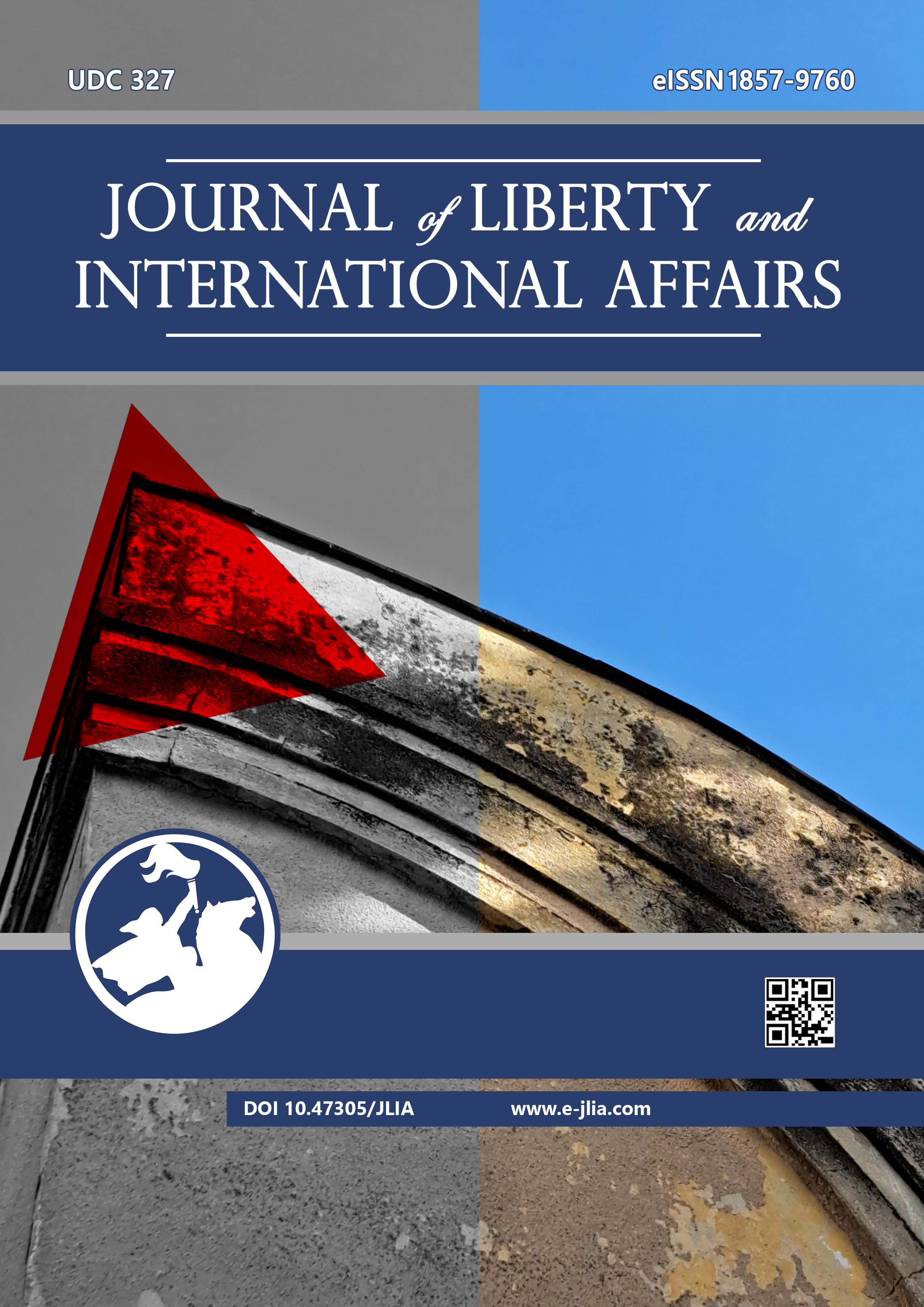ECONOMIC CHALLENGES TO UKRAINIAN REFUGEE INTEGRATION IN CENTRAL AND EASTERN EUROPE
ECONOMIC CHALLENGES TO UKRAINIAN REFUGEE INTEGRATION IN CENTRAL AND EASTERN EUROPE
Author(s): Atanas Dimitrov, Vasil PavlovSubject(s): Politics / Political Sciences, Politics, Economy, Law, Constitution, Jurisprudence, National Economy, Supranational / Global Economy, Micro-Economics, Constitutional Law, International Law, Human Rights and Humanitarian Law, Political Theory, Political Sciences, Civil Society, Governance, Public Administration, Public Law, Security and defense, Military policy, Welfare systems, Political behavior, Political economy, Political psychology, Politics and law, Politics and communication, Politics and religion, Politics and society, History and theory of political science, Methodology and research technology, Comparative politics, Inter-Ethnic Relations, Public Finances, Human Resources in Economy, Socio-Economic Research, EU-Legislation, Geopolitics, Politics and Identity, Peace and Conflict Studies, Asylum, Refugees, Migration as Policy-fields, Comparative Law, Administrative Law
Published by: Institute for Research and European Studies - Bitola
Keywords: Ukrainian Refugees; Refugee Integration; Ukraine; Central-Eastern Europe Studies; Economic Challenges
Summary/Abstract: The invasion of Ukraine by Russia has resulted in the displacement of millions of Ukrainians, leading to socio-economic and political challenges for the host countries. The Refugee Response Plan, encompassing heavily affected EU Member States, has been the focus of this study, examining how the issue of refugee integration was addressed, with a specific emphasis on flaws and omissions in the approach. Various demographic and socioeconomic data and strategic national documents related to refugee integration were compared for this analysis. Employment was identified as a key tool for the integration of Ukrainian refugees. The findings revealed a lack of a common refugee integration policy among the surveyed countries despite similar past and current socioeconomic circumstances and security environments, including mixed migration. Ambiguities across these countries, including local population perceptions hindering Ukrainian refugee integration, were observed. Consequently, we assert the necessity for EU harmonized measures, emphasizing their long-term implementation to alleviate the economic burden of the war in Ukraine and provide predictability in the actions of individual governments.
Journal: Journal of Liberty and International Affairs
- Issue Year: 09/2023
- Issue No: 3
- Page Range: 98-118
- Page Count: 21
- Language: English

